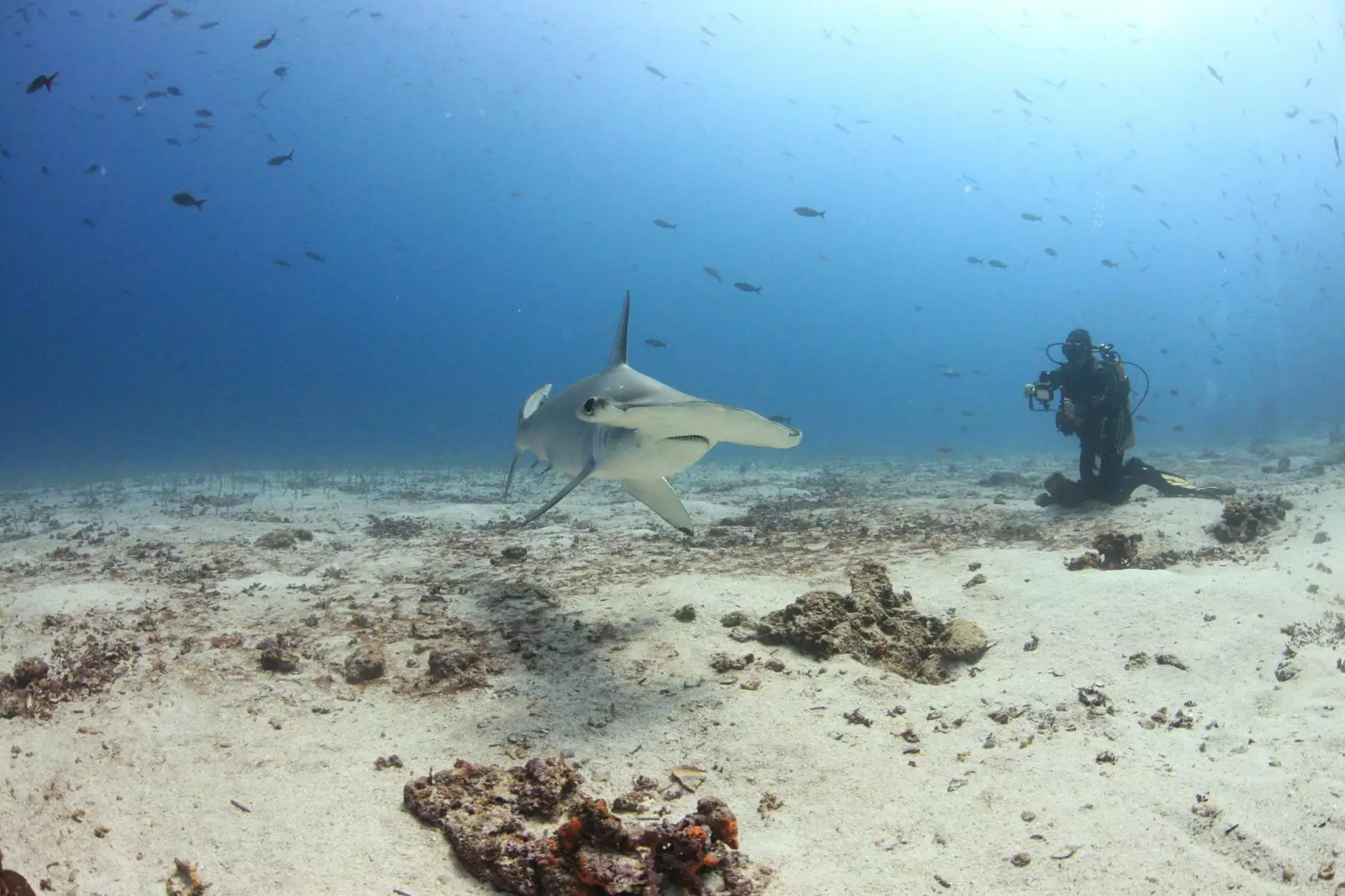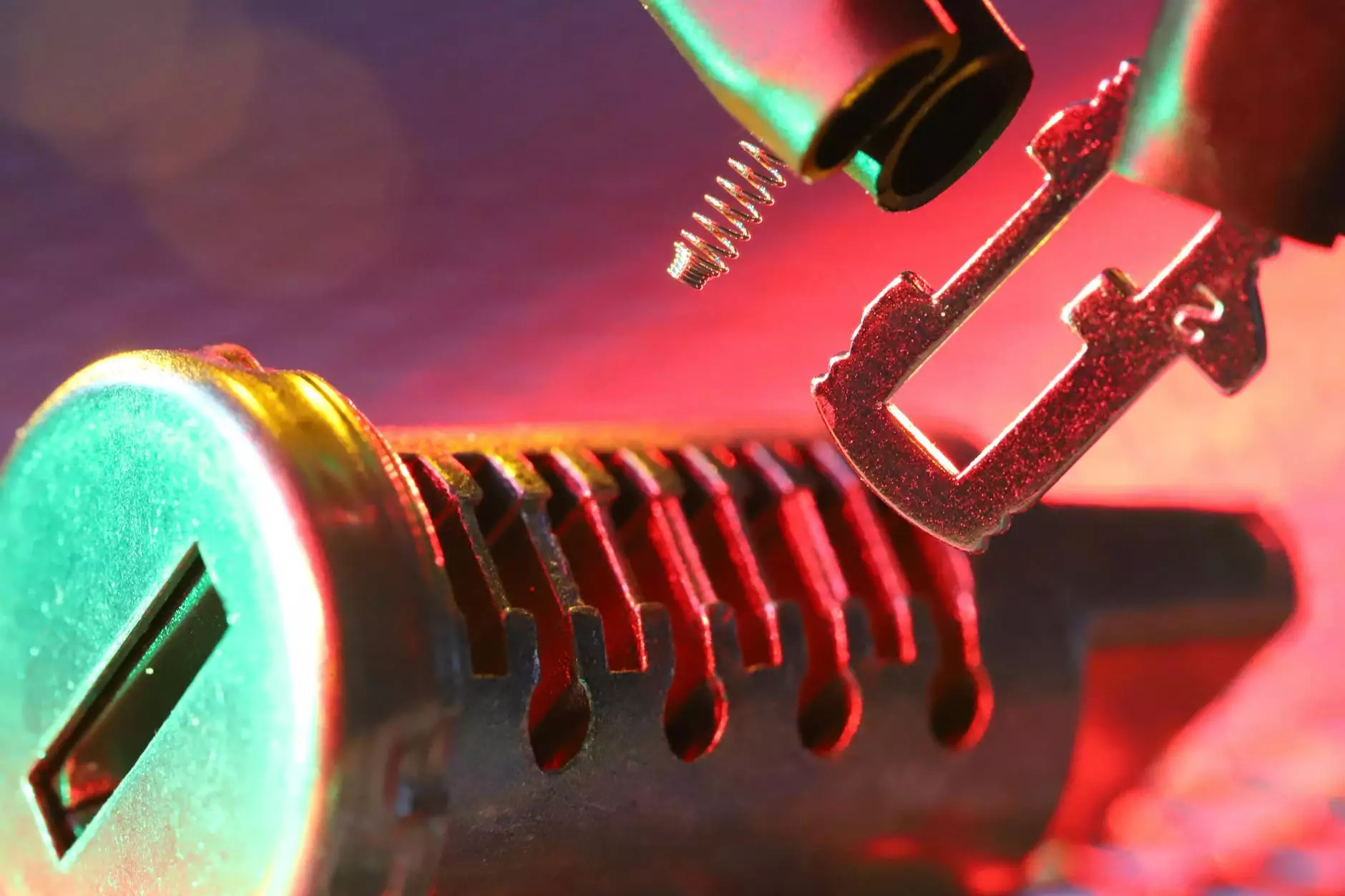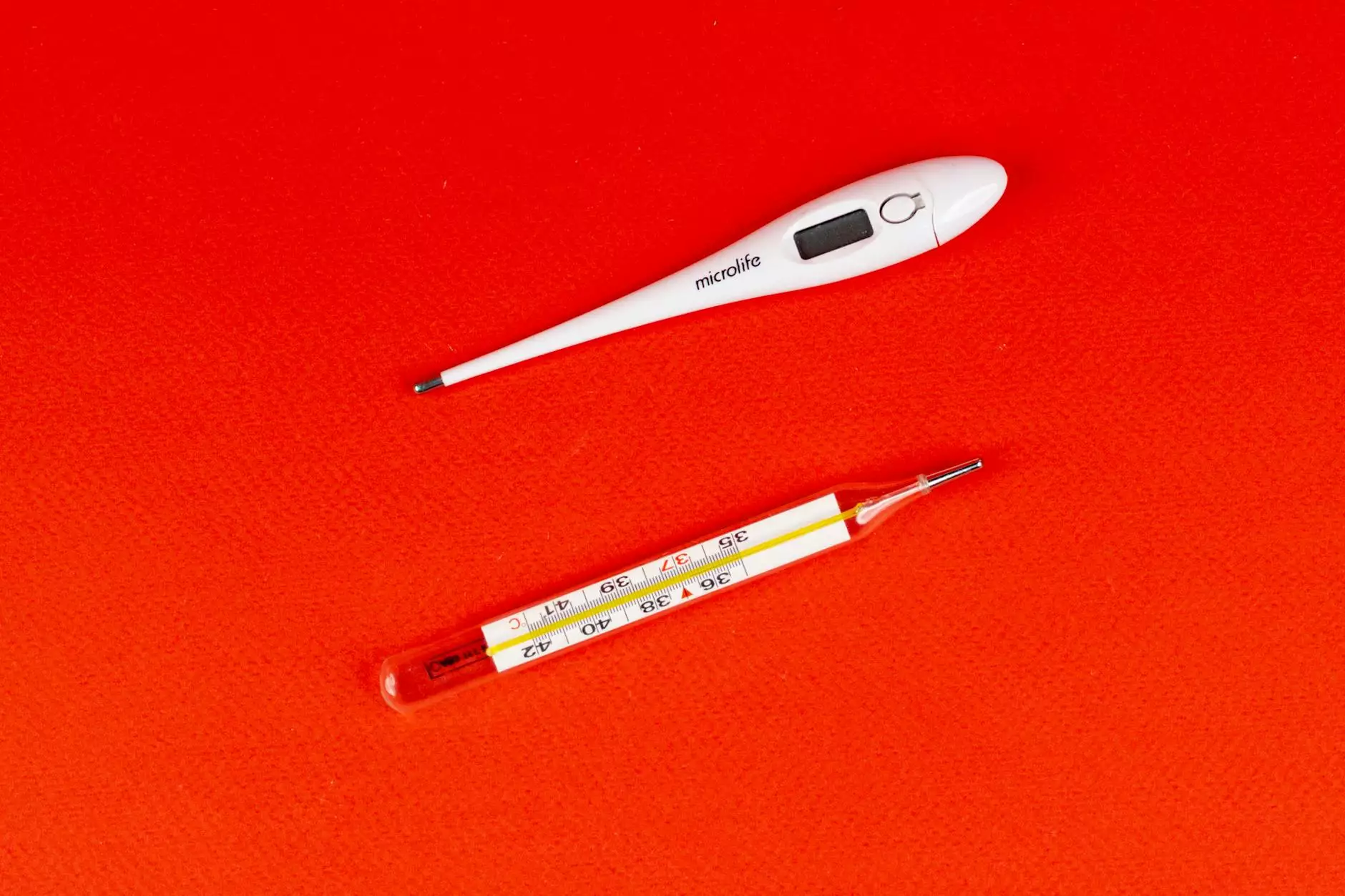The Ultimate Guide to Gear for Scuba Diving

If you’re diving into the world of scuba diving, understanding the right gear for scuba diving is crucial. Whether you are an experienced diver or just starting out, having the proper equipment can make or break your experience underwater. In this comprehensive guide, we will explore the essential gear you need, tips on how to choose your equipment, and where to find the best deals, particularly through Infinity Dive.
Understanding the Basics of Scuba Diving Gear
Before purchasing any gear for scuba diving, it's important to grasp the basic components of scuba diving equipment. The following sections will delve into each category of gear, focusing on their importance and functionality.
1. The Diving Mask
Your mask is your window to the underwater world. A well-fitted mask is essential for enjoying your dives. Here are some considerations:
- Fit: Ensure the mask fits snugly around your face without being too tight.
- Lens Type: Opt for tempered glass lenses for better clarity and durability.
- Field of Vision: A low-volume mask can enhance your peripheral vision.
2. The Snorkel
A snorkel is not always mandatory for scuba diving, but it can be handy for surface swimming. Factors to consider include:
- Length: Choose a snorkel that allows easy breathing without straining.
- Flexible Mouthpiece: Comfort is key; ensure the mouthpiece feels good even after extended use.
3. The Wetsuit or Drysuit
Your choice between a wetsuit or a drysuit depends on water temperature and your comfort level. Consider the following:
- Thickness: Wetsuits come in various thicknesses; choose based on the thermal protection you need.
- Fit: A snug fit with no gaps ensures warmth and security.
4. Scuba Tank
The scuba tank holds the compressed air you need while diving. Important features include:
- Material: Tanks can be made of steel or aluminum; each has unique benefits.
- Capacity: Determine the tank size based on the depth and duration of your dives.
5. Regulator
The regulator is crucial as it converts high-pressure air from your tank into breathable air. Consider the following:
- First Stage: Look for designs that resist freezing during deep dives.
- Second Stage: Opt for an adjustable feature to control your air flow.
6. Buoyancy Control Device (BCD)
A BCD is essential for maintaining buoyancy underwater. Here’s what to focus on:
- Comfort and Fit: Ensure it fits well without causing discomfort.
- Pockets: Look for BCDs with sufficient storage for accessories, weights, and equipment.
7. Fins
Fins help enhance your movement underwater. Points to keep in mind:
- Type: Consider open-heel vs. full-foot fins based on your diving conditions.
- Stiffness: Stiffer fins provide better thrust but require more effort.
Choosing the Right Gear for Your Needs
When it comes to gear for scuba diving, selecting the right equipment involves several considerations:
Assessing Your Dive Environment
The type of dives you intend to do heavily influences your gear choice. For example:
- Warm Water Dives: A thinner wetsuit or rash guard often suffices.
- Cold Water Dives: You may need a thicker wetsuit or a drysuit for protection.
Your Skill Level
Beginners might prefer more straightforward gear options, while experienced divers might seek advanced features. Choose equipment that matches your confidence and skill level.
Advanced Scuba Diving Gear
As you gain experience, you may want to invest in more advanced gear. This includes:
Underwater Camera Equipment
Capturing the beauty of your dives is a rewarding experience. High-quality underwater cameras and protective housings are vital. Consider:
- Image Quality: Look for cameras with good resolution and low-light performance.
- Housing: Ensure the housing is rated for the depth you plan to dive.
Dive Computer
Embrace technology by using a dive computer. Benefits include:
- Real-time Monitoring: Keep track of your depth, time, and air consumption.
- Safety Features: Watch for ascent rate and no-decompression limits.
Maintaining Your Scuba Diving Gear
Proper maintenance of your scuba equipment is essential for safety and longevity. Here are key tips:
Regular Inspections
Before each dive, conduct thorough inspections of all your gear, ensuring everything is functioning well.
Cleaning and Storage
After diving, rinse your gear in fresh water to remove salt and sand. Hang wetsuits to dry properly and store all equipment in a cool, dry place.
Where to Buy Quality Scuba Diving Gear
Finding a reputable source for gear for scuba diving is crucial. Here are some options:
Local Dive Shops
Your local dive shop often allows you to try before you buy and provides expertise on fitting and choosing the right gear.
Online Retailers
Websites like Infinity Dive offer comprehensive selections and competitive prices. Always check for:
- Warranty and Return Policies: Ensure they support your purchase.
- Customer Reviews: Look for feedback on products and service quality.
Diving Tours and Experiences with Infinity Dive
To make the most of your investment in gear for scuba diving, consider joining organized tours. Infinity Dive provides numerous options, including:
Dive Tours
Experience breathtaking underwater landscapes while guided by professionals. Dive tours often include:
- Expert Guidance: Knowledgeable instructors ensure your safety and enjoyment.
- Group Excursions: Meet fellow divers while exploring together.
Boat Tours
Boat tours allow access to remote dive locations. Factors to factor in include:
- Comfort aboard: Well-equipped boats provide essential amenities.
- Itineraries: Diverse routing leads to unique dive spots.
Dive Bars
After a day of diving, unwind at local dive bars, mingling with fellow divers and sharing stories over a drink.
Conclusion
Equipping yourself with the right gear for scuba diving is essential for a safe and enjoyable underwater experience. By understanding the different types of gear, their function, and how to maintain them, you can dive confidently into ocean adventures. Whether you’re shopping locally or online at Infinity Dive, invest wisely in quality gear and don’t hesitate to join organized tours to make the most of your diving endeavors. Happy diving!
gear for scuba diving


